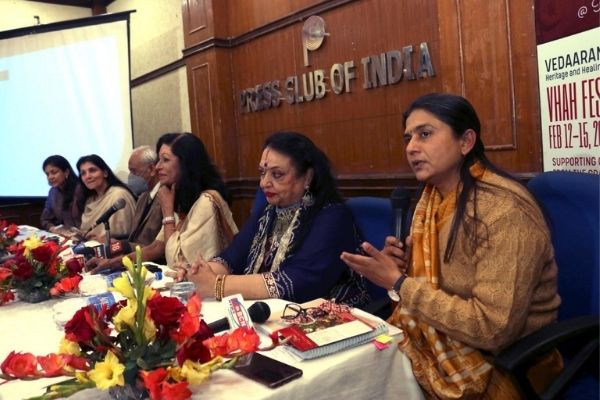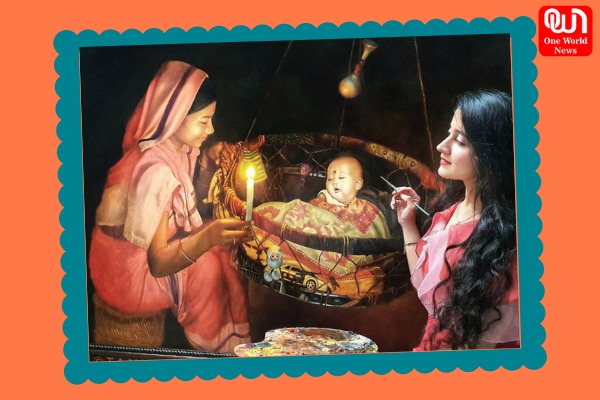59% of Indians research their date before their first face-to-face encounter, a study finds

People use the internet to research their potential date to learn more about their match and to verify the person’s authenticity before they meet
With Valentine’s Day around the corner and more people turning to online dating, Avast, a global leader in digital security and privacy products, conducted a survey to understand how Indian users prepare before meeting their digital matches for the first time in the offline world.
More than 1,300 local Avast users took part in the survey which revealed that six out of 10 (59%) who use online dating apps or websites have searched (on Google or social media) someone that they matched with on a dating app. Of this group, 40% of them decided not to meet the person based on what they found online or because they couldn’t find anything.
The motivation for why those who used online dating in India searched for the person they were going to meet varied from wanting to learn more about their match (29%), verifying the person was actually real (44%), fact-checking what their match told them about themselves (21%), and wanting to see how their potential date interacted on social media (35%).
Most of these users in India carried out their research on a social networking platform like Facebook, Instagram (49%), or on search engines such as Google, Bing, or similar (31%). Some users looked them up on a professional social network like LinkedIn or similar (27%) or went a step further and performed a reverse image search using the person’s dating platform profile picture (38%).
Read more: Realistic expectations of men for their lady love
What other security measures are users in India that online date putting in place?
When meeting someone for the first time for an in-person date:
- 24% make sure the meeting spot is a public place
- 37% let a friend or family member know who they are meeting or share their live location with them
- 25% set the meeting location to a place they are familiar with
- 14% ask a friend or family member to be at the same location and time as the date
Petra Moravcová, Consumer Insights Expert at Avast, said: “In this time of the pandemic when more of us are doing everything we can online, dating is no exception. With lockdown limitations, meeting new people has become a challenge. Online dating means we eventually have to reveal a lot of personal information to our potential dating partners, and to the dating service provider as well. What information we decide to share and how we do this is critical for maintaining both information security and personal safety, both from the provider and potential matches. The same is true when we meet someone in person for the first time, it is great to see that users in India are putting in practice security measures like meeting in public spaces or sharing details with a friend or family member ahead of the date.”
The consequences of searching
While almost four in ten people who researched their date decided not to meet up with the person based on what they found online or because they couldn’t find anything at all, others were encouraged by their learnings. 37% decided to continue chatting and 34% to continue seeing that person.
Six in ten of them (61%) even ended up having a longer relationship (dated for 2 months or more) with the person they searched for, and 25% ended up getting married or having children with that person.
To search or not to search?
“Searching or not searching a person ahead of a date is a personal decision, as long as it is being done with respect for someone’s privacy and sticking to public information available online”, concluded Petra. “It does not come as a surprise that people are curious and search for details before the first date. This is a reminder that everything you share online is a reflection of your identity, and people should be thoughtful of how they present themselves online.”
Of the Indian users that didn’t search for their matches online, 18% said this was because they didn’t have enough information to carry out a search. In addition, 37% felt it was not necessary to do so, 34% preferred not to judge people based on what they could find online and would rather meet them in person first, and 24% didn’t believe it was ethical.
Have a news story, an interesting write-up or simply a suggestion? Write to us at info@oneworldnews.com







